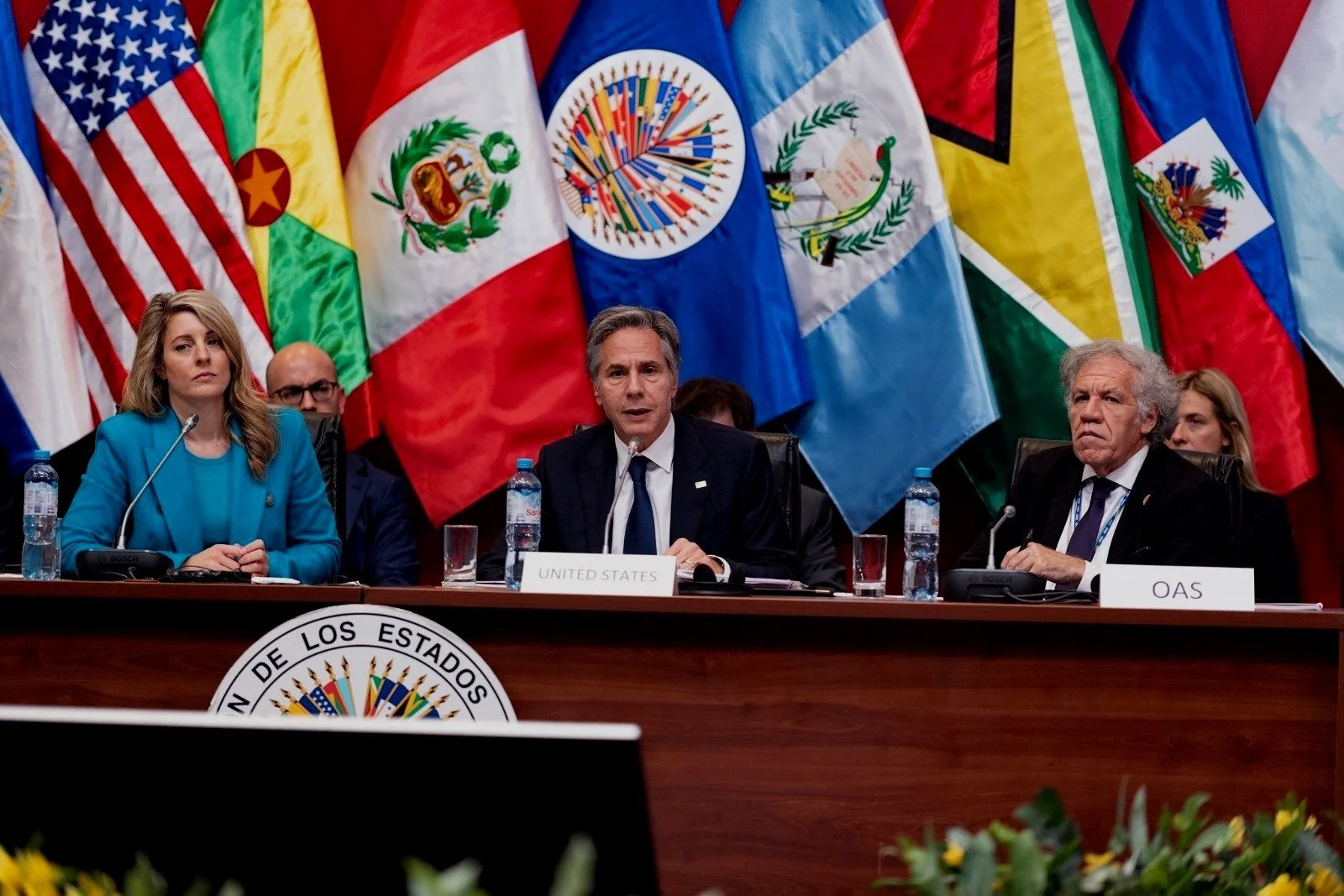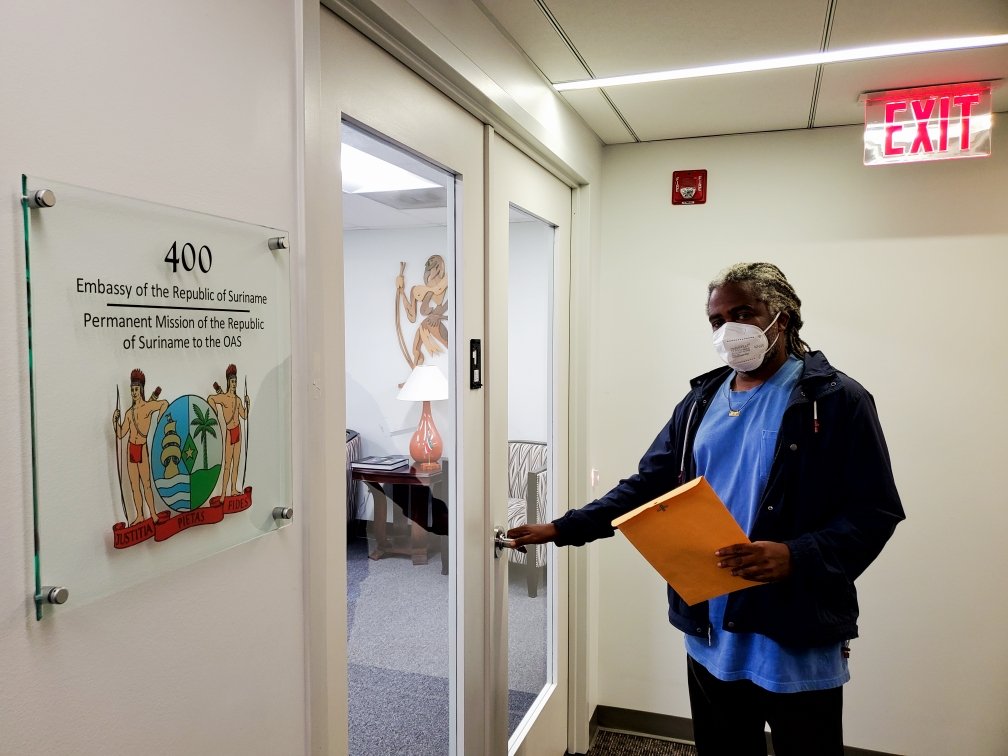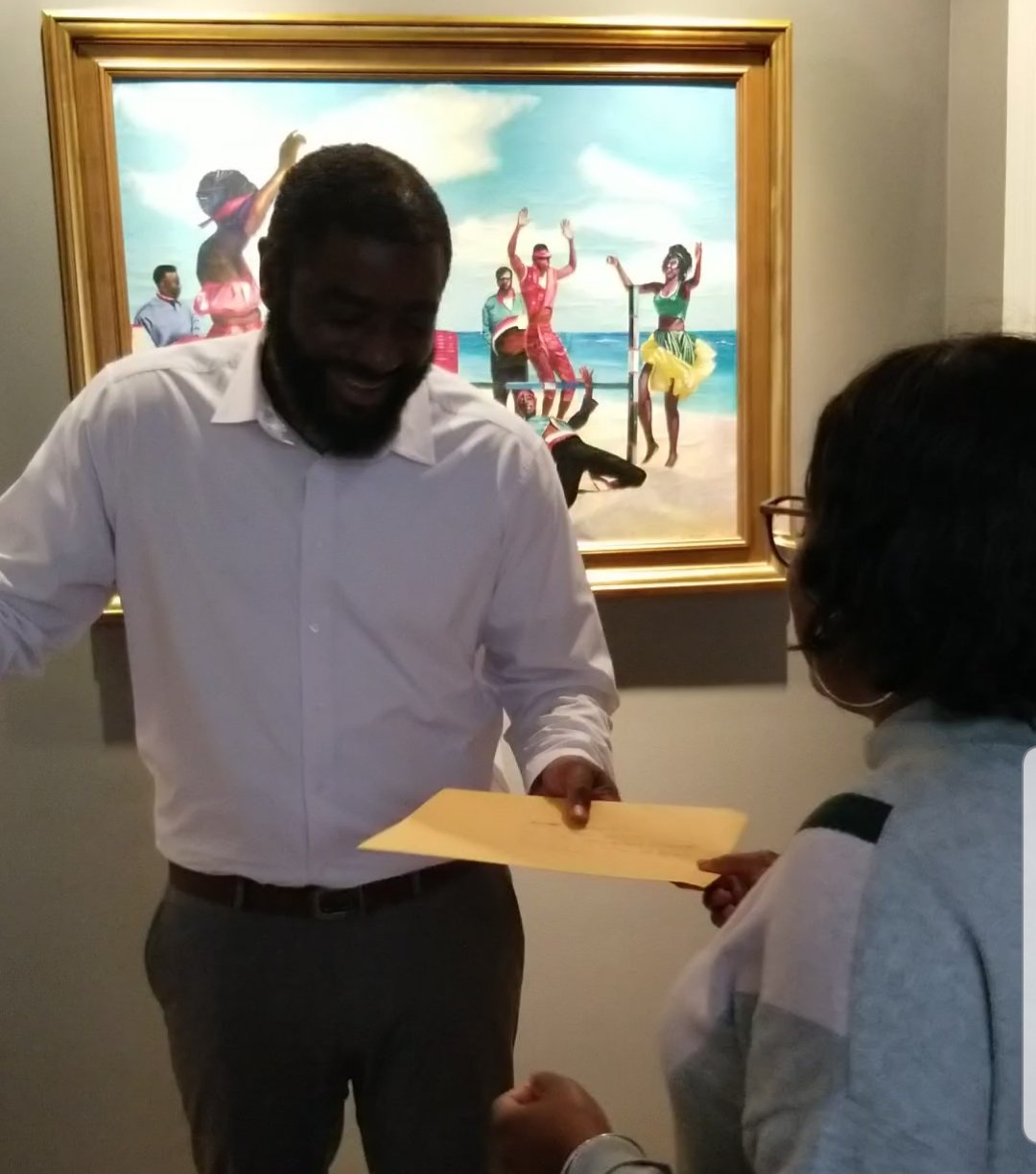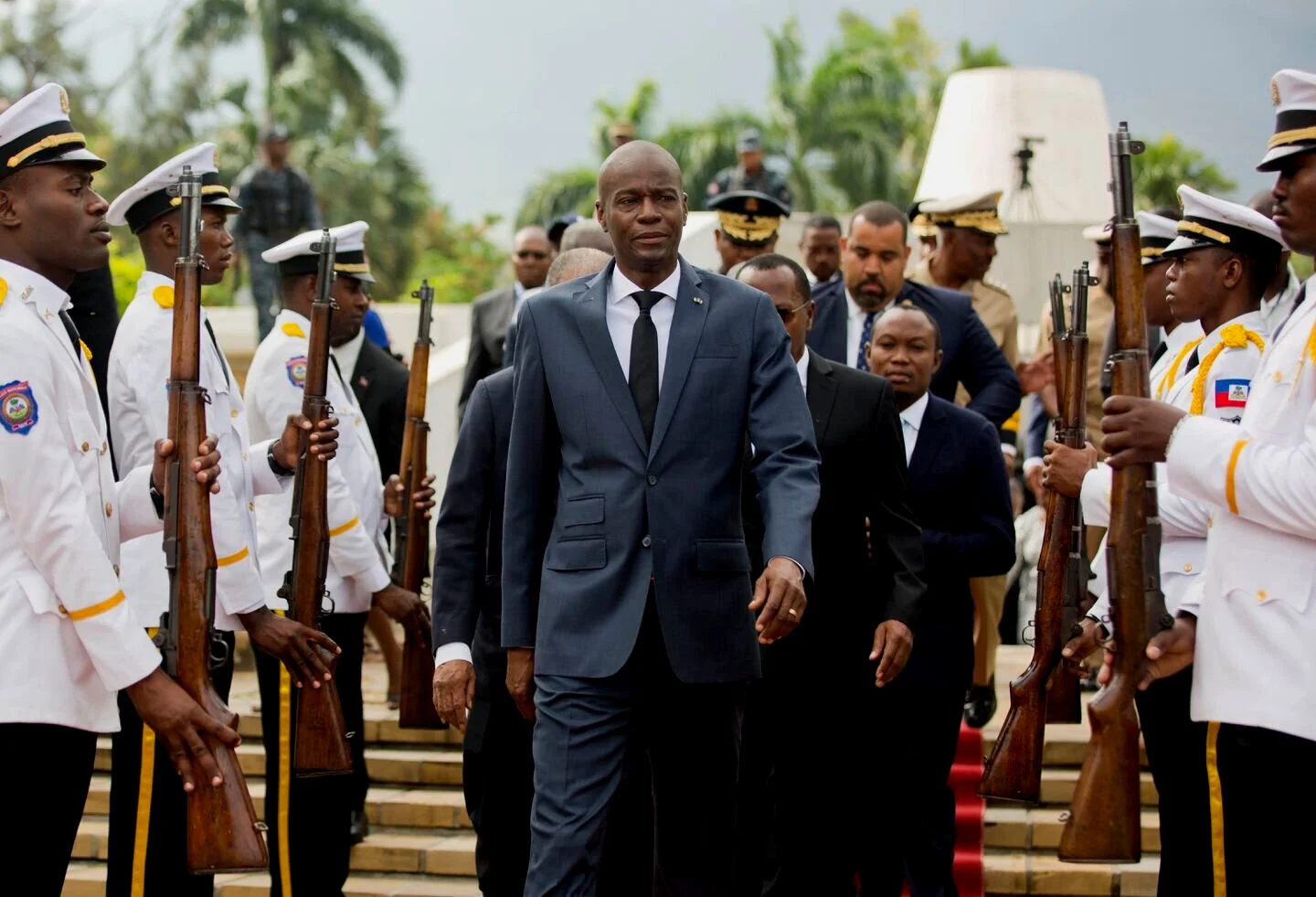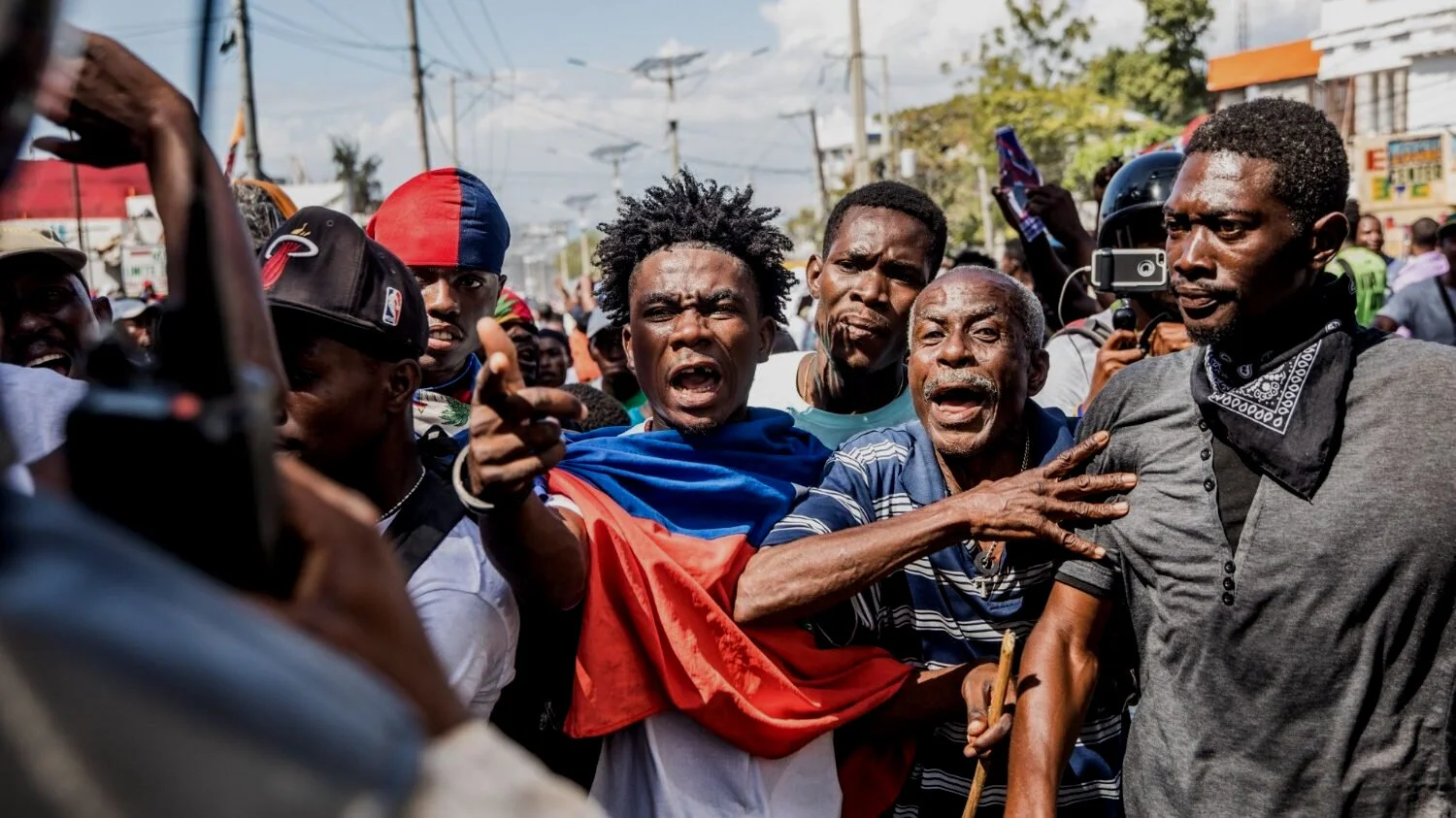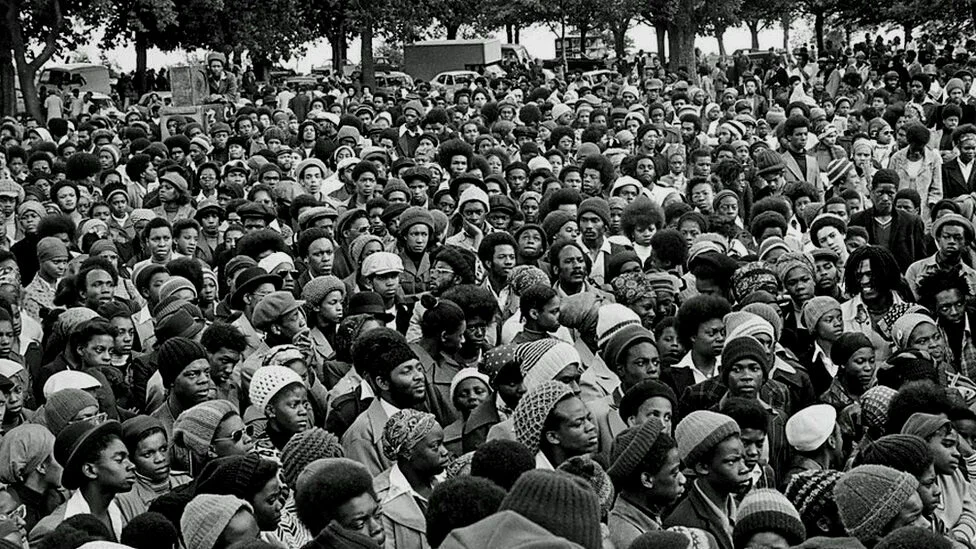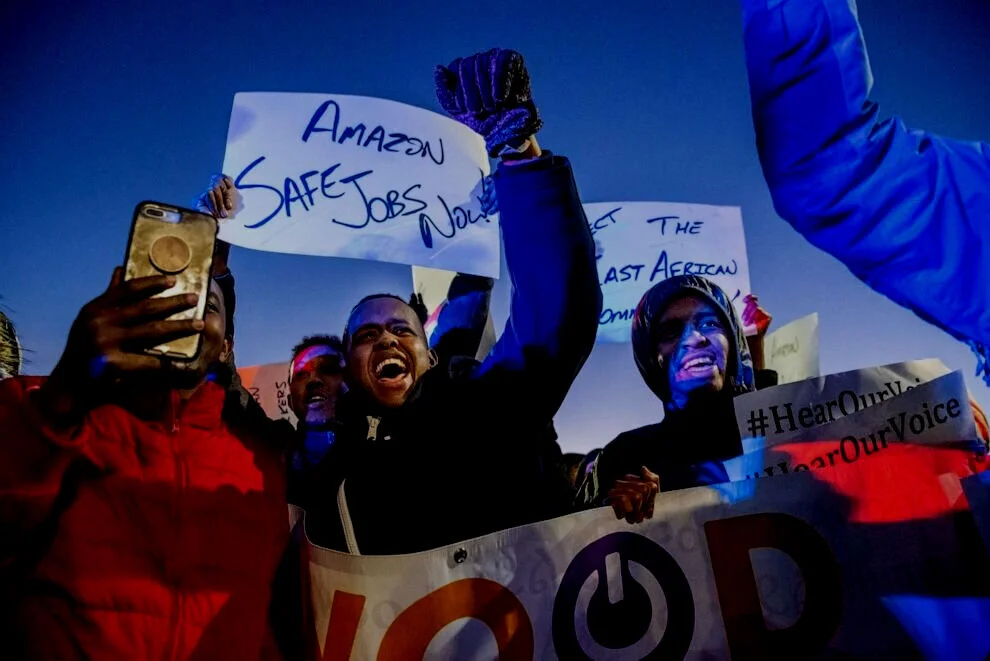An Open Letter to Her Excellency, Dr. Carla Natalie Barnett Secretary General of the Caribbean Community (CARICOM), on the need to Support Haitian Sovereignty
Dear Dr. Barnett:
On September 19, 2022, the Caribbean Community (CARICOM) issued a short statement expressing grave concern about worsening conditions in Haiti and pressing for “urgent and immediate attention from the international community.” In light of CARICOM’s more direct engagement in Haitian affairs in recent months, we call on your organization to respect Haitian sovereignty and to support the Haitian masses in their stand against the ongoing occupation of their country by foreign powers. Despite the erroneous representation of the current protests in Haiti as simply “gang violence,” the latest demonstrations are a direct result of two factors. First, they are a response to the everyday economic misery caused by rising inflation, especially through the staggering increase in the price of fuel. Second, they are part of a long history of demands for the end of foreign meddling in Haitian affairs, especially via the installation and maintenance of an unelected and illegitimate government by the Core Group, of which the United Nations is a part.
We applaud your concern for Haiti. We have also noted the support your member nations have given to Caribbean and Latin American self-determination. For this reason, we would like to remind CARICOM members that the U.S., Canada, France, and other Western countries, along with the Core Group, and UN missions such as MINUSTAH, are directly responsible for the current conditions in Haiti. Attempting to solve the current crisis in Haiti through a dialogue between unelected and illegitimate Haitian “stakeholders” will not be successful. It will only serve the needs of non-Haitians.
We share with you the words of a coalition of Haitian grassroots organizations explaining the main reason for the currency protests:
“[T]hese popular protests are part of a struggle for a Haiti free from suffocating foreign interference, gangsterization, this extreme manufactured misery and an anti-national, illegitimate, criminal political regime established by the Core Group of which the UN is a member.”
A brief historical contextualization is in order:
The UN Mission to Haiti Is a Foreign Occupation Repressing Haitian Sovereignty
As you surely are aware, the United Nations became an occupying force in Haiti after the U.S.-France-Canada-led 2004 coup d’état against Haiti’s democratically elected president, Jean-Bertrand Aristide. We must note that, in addition to Venezuela’s Hugo Chavez, only Jamaica’s P.J. Patterson, in his capacity as leader of CARICOM, spoke up against the coup.
Following the coup, the UN took over from U.S. forces. Under Chapter VII of the UN charter, the UN established the United Nations Stabilization Mission in Haiti (or MINUSTAH), for the tasks of military occupation under the guise of establishing peace and security. The Workers Party-led government of Brazil’s Luiz Inácio Lula da Silva then betrayed the Haitian people and undercut Haiti’s sovereignty by agreeing to lead the military wing of the UN mission in Haiti.
The history of the UN in Haiti has been a history of violence. An expensive, multi-billion dollar operation, MINUSTAH had between 6,000 and 12,000 military troops and police stationed in Haiti alongside thousands of civilian personnel. Like the first U.S. occupation (1915-1934), the UN occupation under MINUSTAH was marked by its brutality and racism towards the Haitian people. Civilians were brutally attacked and assassinated. “Peace-keepers” committed sexual crimes. UN soldiers dumped human waste into rivers used for drinking water, unleashing a cholera epidemic that killed between 10,000 and 50,000 people. The UN has still not been held accountable for this needless death.
The Core Group — an international coalition of self-proclaimed “friends” of Haiti — came together during the MINUSTAH occupation. Non-Black, un-elected, and anti-democratic, the goal of the Core Group is to oversee Haiti’s governance. Meanwhile, as with the first occupation, the United States and MINUSTAH trained and militarized Haiti’s police and security forces, often rehabilitating and reintegrating rogue members. The United States, in collusion with MINUSTAH and the Core Group, also over-rode Haitian democracy, installing both neo-Duvalierist Michel Martelly and his Haitian Tèt Kale Party (PHTK), alongside Martelly’s protege and successor, the late Jovenel Moïse.
It is claimed that this occupation officially ended in 2017 with the dissolution of MINUSTAH. But the UN has remained in Haiti under a new acronym: BINUH, the United Nations Integrated Office in Haiti. BINUH has had an outsized role in Haitian internal political affairs. For example, soon after Moïse was assassinated, its representative, Helen La Lime, asserted that Claude Joseph would be installed as Haiti’s leader. Later, the “Core Group” switched gears and demanded that Ariel Henry should be president. And this is exactly what happened when a “new” Haitian government was announced on July 20, 2021, with Henry as leader. This, without any say from the Haitian people, without any pretense of a democratic process, without any concern for Haiti’s sovereignty.
UN Occupation Increases Violence and Instability
Haiti currently has an unelected, unpopular, unaccountable, and illegitimate prime minister, propped up by the United States and the western nations. Meanwhile, Haiti’s security situation has deteriorated considerably as groups, armed by the transnational Haitian and Levantine elite, continue their attacks on the Haitian people. We must emphasize that, in the eighteen years that the United Nations mission has participated in the occupation of Haiti, the Haitian people have only experienced violence and political instability. You must recognize the foreign occupation of Haiti has left it in a state of disarray and violence.
The consequences of Foreign Meddling and Occupation
We must remind you that this is the sixth week of protests of the Haitian people against both the U.S.-backed puppet government of Ariel Henry and the continued occupation and meddling of the Core Group and the UN itself. With all the talk of Haitian “lawlessness,” one would never know that the other main reason for the protests was the illegitimate government’s decision, under IMF austerity dictates, to cut fuel subsidies, amid spiraling inflation and economic insecurity. Hear the people’s words:
“This new decision, taken to the detriment of the interests of the people, has aroused his anger and also intensified a protest movement already initiated, whose objective is the recovery of our sovereignty, the recovery of Haiti's destiny by Haitians, the establishment by Haitians of a legitimate government, capable of defending the interests of the people and meeting the various challenges of the moment.”
No to Occupation. Yes to Self-Determination.
The speed at which contemporary events are moving in Haiti makes it difficult for those outside the Caribbean republic to understand its internal political dynamics. Because of this, it is easy to resort to historical cliches and short-hand analyses in an attempt to neatly package and summarize or flatten what are oftentimes complex, structural, and historical formations whose origins are as much rooted outside than inside the country. Thus to outsiders Haiti is in the middle of a crisis, a never-ending crisis marked by lawlessness and violence, by the failure of government and the collapse of the state, and by a savage populism paired with well-armed, predatory gangs.
We believe this representation of Haiti is fueled by an ancient racism premised on the notion that Haitian people (and African people more generally) are incapable of self-government, and this notion, in turn, nurtures the rationalization for the strengthening of the current mandate for the continued international occupation of Haiti.
We ask that you think with all seriousness about the relationships among nations in our region. All nations should be able to chart their own destiny, not just some. You must know the history of the proud Haitian people whose Revolution changed the course of world history and material aid helped the liberation of the Americas from colonial rule and enslavement. Despite the continued affront to its self-determination, the people of Haiti will continue to fight for its liberation.
The Black Alliance for Peace, in alignment with the wishes of the Haitian masses and their supporters, absolutely stands against any foreign armed intervention in Haiti, and continues to demand an end to the unending meddling in Haitian affairs by the United States and Western powers. We call for the dissolution of the imperialist Core Group, an end to Western support for the unelected and unaccountable puppet government of Ariel Henry, and for the respect of Haitian sovereignty.
Signed,
The Black Alliance for Peace, Haiti/Americas Team
#####
END
Banner Photo: Protesters demanding the resignation of the President in Port-au-Prince.Credit (Courtesy Reuters by Andres Martinez Casares)

